South America’s repertoire of magical and bizarre dive sites set the stage for some of the best diving in the world — and that’s not an exaggeration.
With the coral-rich waters of the Caribbean Sea in the north, the out-of-this-world dive sites of the Pacific Ocean in the west, and the something-for-everyone diving in the Atlantic Ocean in the east, diving in South America is as varied as it is exciting.
Regardless of your experience level and budget, you can expect excellent visibility, big and small marine life, and stunning wrecks. Underwater photographers, dive junkies, and adventurous travelers are all sure to enjoy diving here.
Without further ado, below are the five best diving destinations in South America.
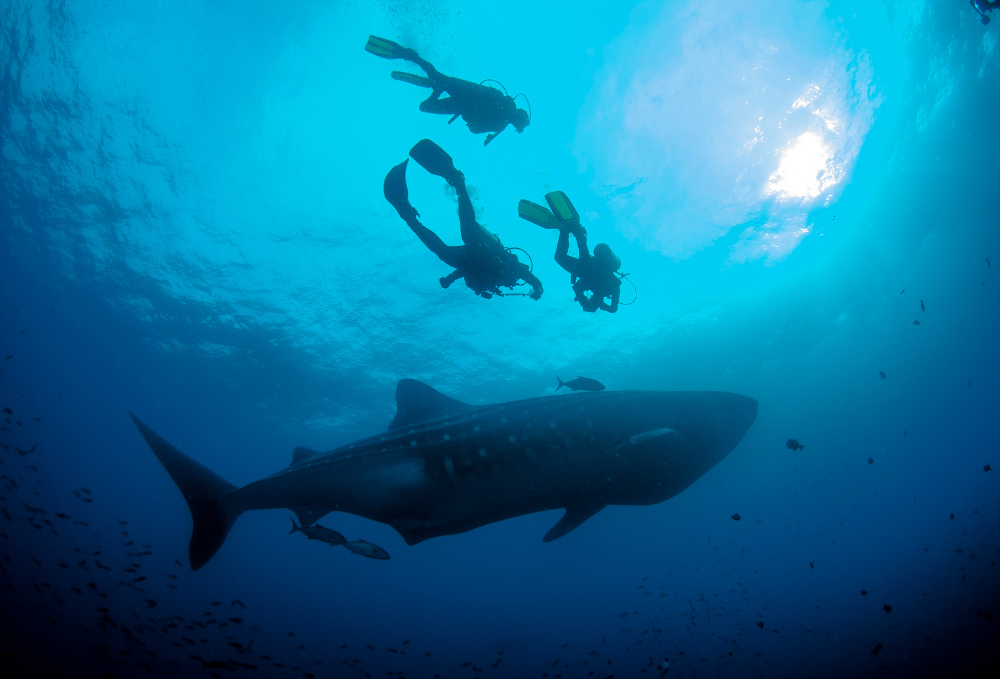
The Galápagos Islands were made for lovers of marine life. Here you’ll find both accessible and remote dive sites, protected areas and strong currents – something for every level of diver.
As one of the best diving destinations in South America, diving in the Galápagos is not only exceptionally beautiful but also a rare treat. A UNESCO World Heritage site located almost 600 miles (1,000km) away from mainland Ecuador, the Galápagos Islands have a unique ecosystem found nowhere else in the world, as documented by Charles Darwin in his study of evolution.
The most popular dive spots are Darwin Island and Wolf Island, which have one of the world’s largest populations of sharks, rays, turtles, and whale sharks. You adon’t want to miss Roca Redonda either, where there’s an underwater volcano home to more sharks and sea lions.
Because of the Galápagos’ delicate biodiversity, the area is a very popular destination for scuba divers and general travelers alike. Most people who visit the islands opt to explore them on a liveaboard. To secure your spot, plan your dive trip well in advance.
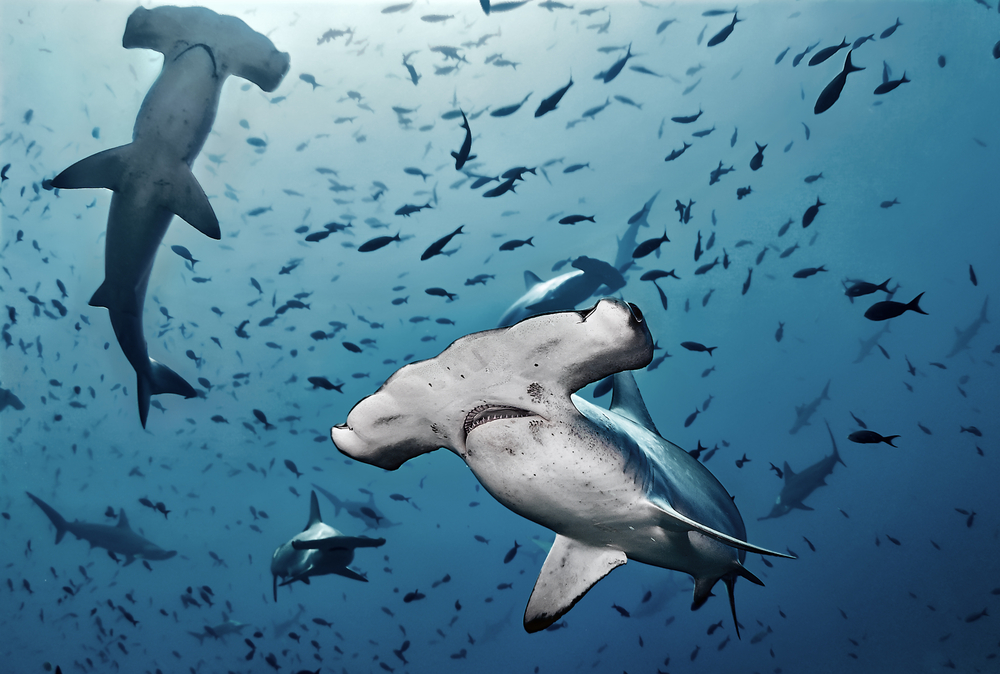
Colombia is the only country in Latin America that has coastlines on both the Caribbean Sea and the Pacific Ocean, giving divers access to the best of both worlds.
On the Caribbean side, you’ll find the third largest barrier reef in the world. Diving highlights include Santa Marta, San Andrés and Providencia, where the calm, shallow waters are perfect for beginners. For the more experienced divers, there are also drift dives and wrecks.
On the Pacific side, you’ll find hammerheads, manta rays, whale sharks, and other pelagics. For the best dive experiences, head to Malpelo Island. Accessible only via liveaboard, this marine protected area has epic drift and deep dives that are only suitable for experienced Advanced Open Water Divers.
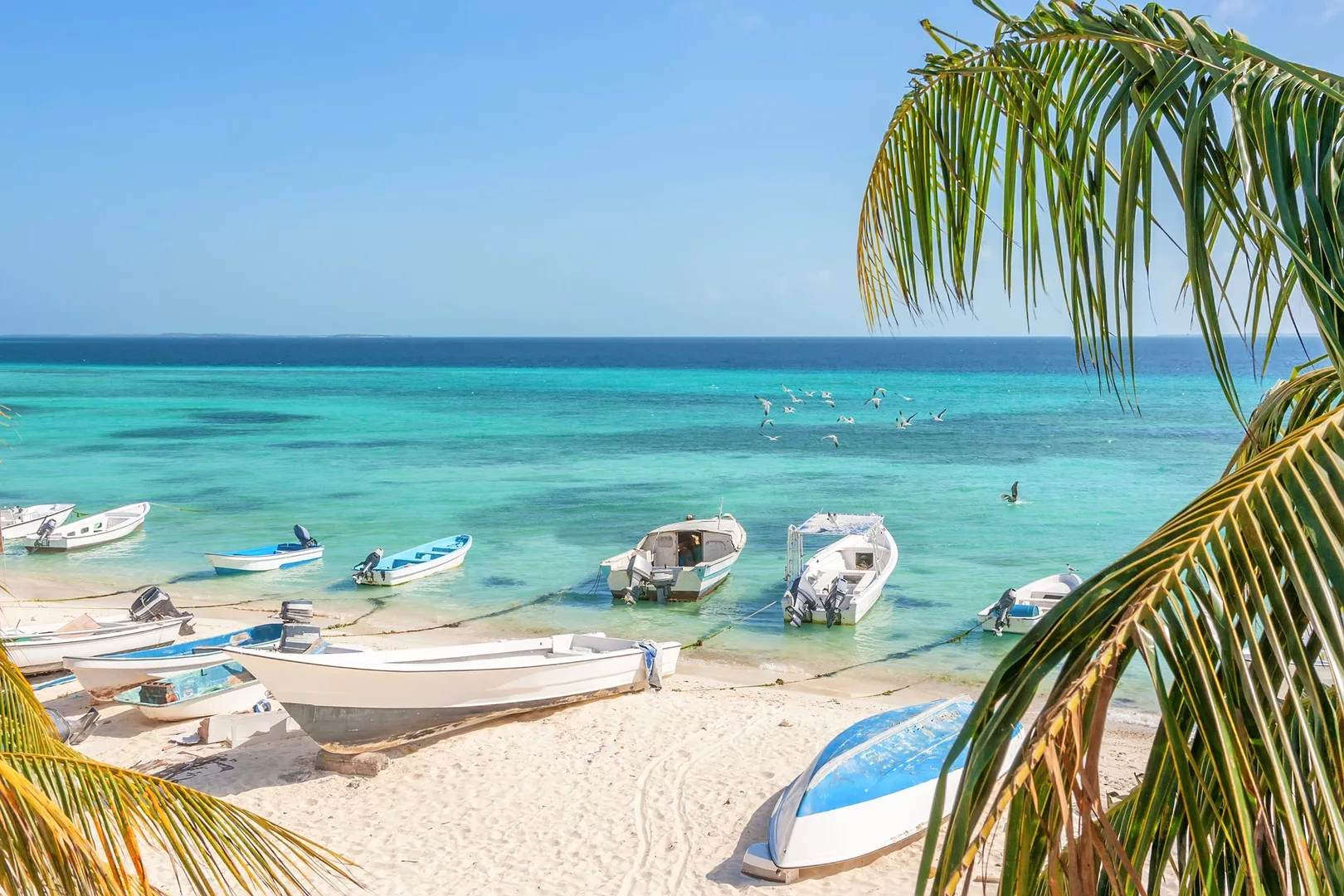
Admittedly, the diving scene in Venezuela has flown under the radar for years, but Venezuela has the longest coastline on the Caribbean Sea of any country in South America. As such, it has hundreds of islands, cays, and marine parks with clear waters, healthy coral formations, and a huge variety of marine species. You can see tropical fish, nurse sharks, sea turtles, and even manta rays.
The best place to dive in Venezuela is Los Roques National Park. Known for its picture-perfect dive sites, this archipelago is easily considered one of the best diving destinations in South America. With something for everyone, Venezuela flaunts shallow reefs, steep coral walls, and huge underwater mountains.
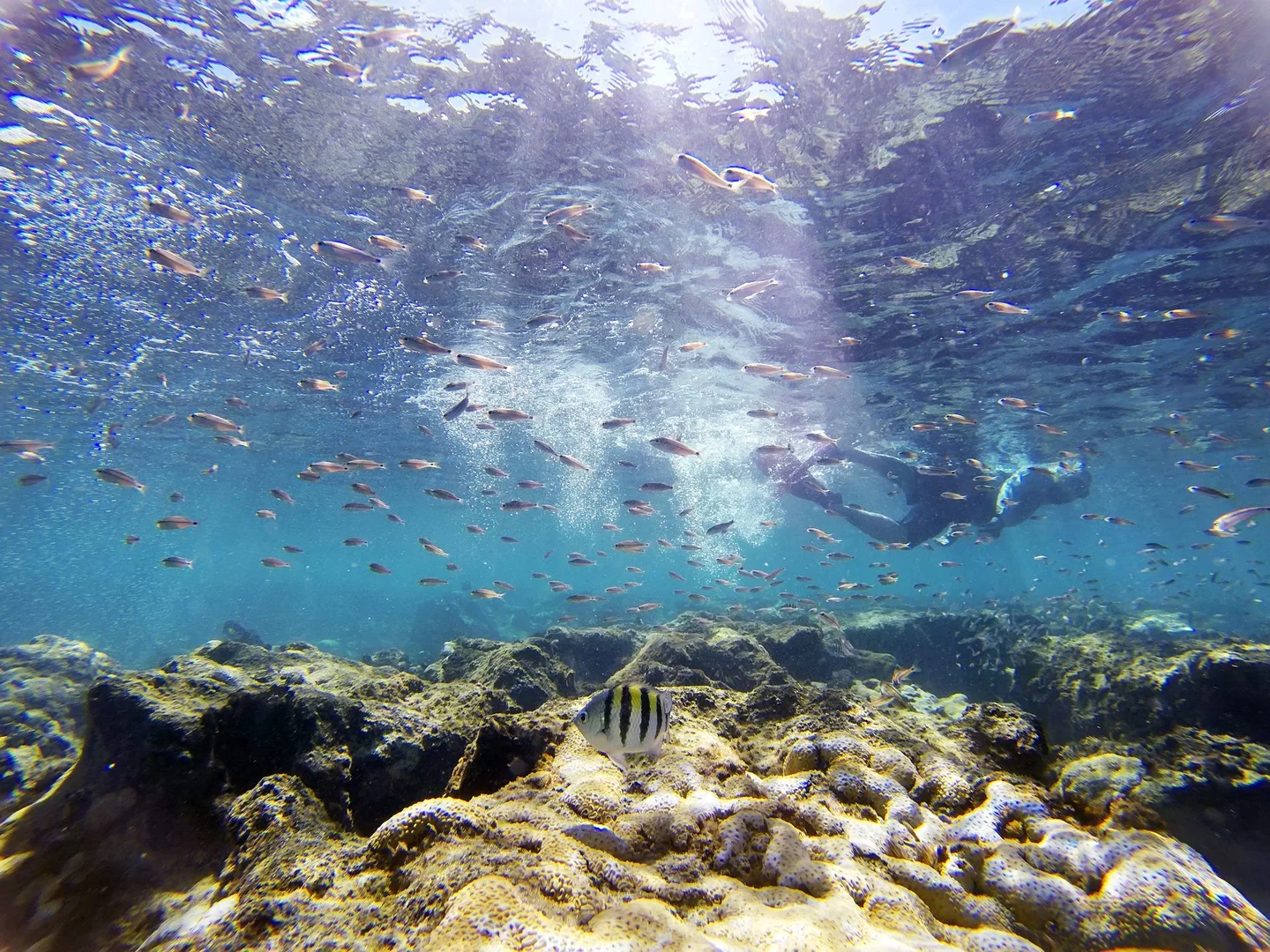
Brazil’s extensive coastline on the Atlantic Ocean means there’s a huge variety of dive sites to explore. As a reflection of Brazil’s rich ecosystem, every dive site has different visibility levels, water temperatures, and underwater attractions.
The must-see dive destination in Brazil is Fernando de Noronha. It’s considered a diver’s paradise not only in South America but worldwide. With different dive sites for divers of all experience levels, this volcanic archipelago boasts near-perfect visibility, vibrant reefs, and colorful marine life, including spinner dolphins and sea turtles.
For wreck diving, Recife is the place to visit. It has over 100 wrecks and is therefore a window into Brazil’s historical and cultural tapestry. The wrecks date from the 16th century through to WWII. There are also some more recent artificial reefs.
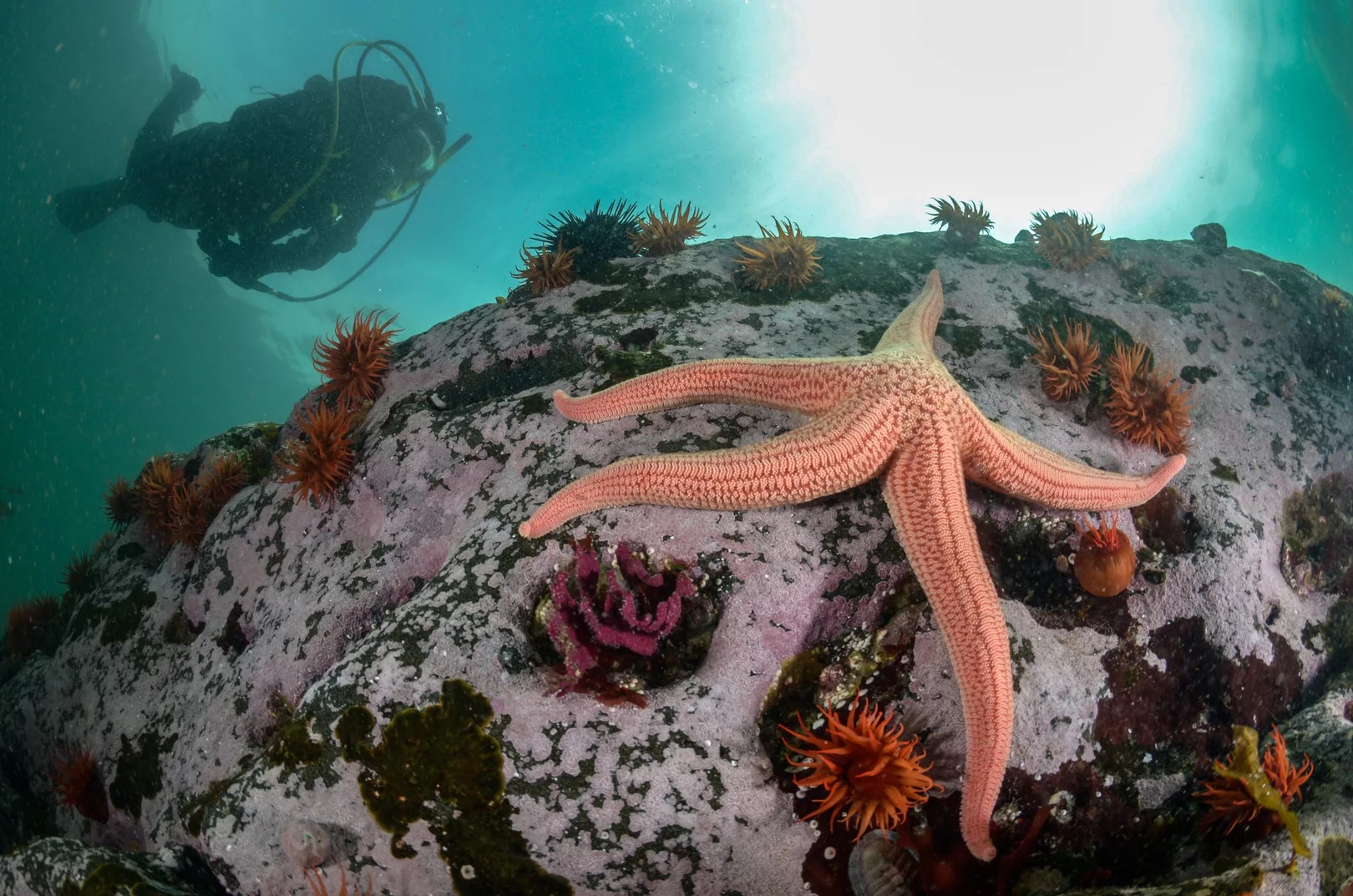
For the adventurous diver, Chile’s Pacific coastline is dotted with some of South America’s best dive sites. Water temperatures range between 57°-70°F (14°-21°C), so you’ll need a drysuit to dive in Chile.
The biggest draw here is Easter Island (aka Rapa Nui), where excellent visibility allows you to enjoy the remote island’s pristine coral reefs and volcanic rock formations in all their primal beauty. Another top diving spot is Quintay, where there are shallow wrecks and wall dives.
Even shore dives from the mainland in Chile show an incredible display of marine life, including kelp forests, sea lions, sea urchins, and starfish. And high up in the Andes Mountains, you’ll find high-altitude lake diving, too.
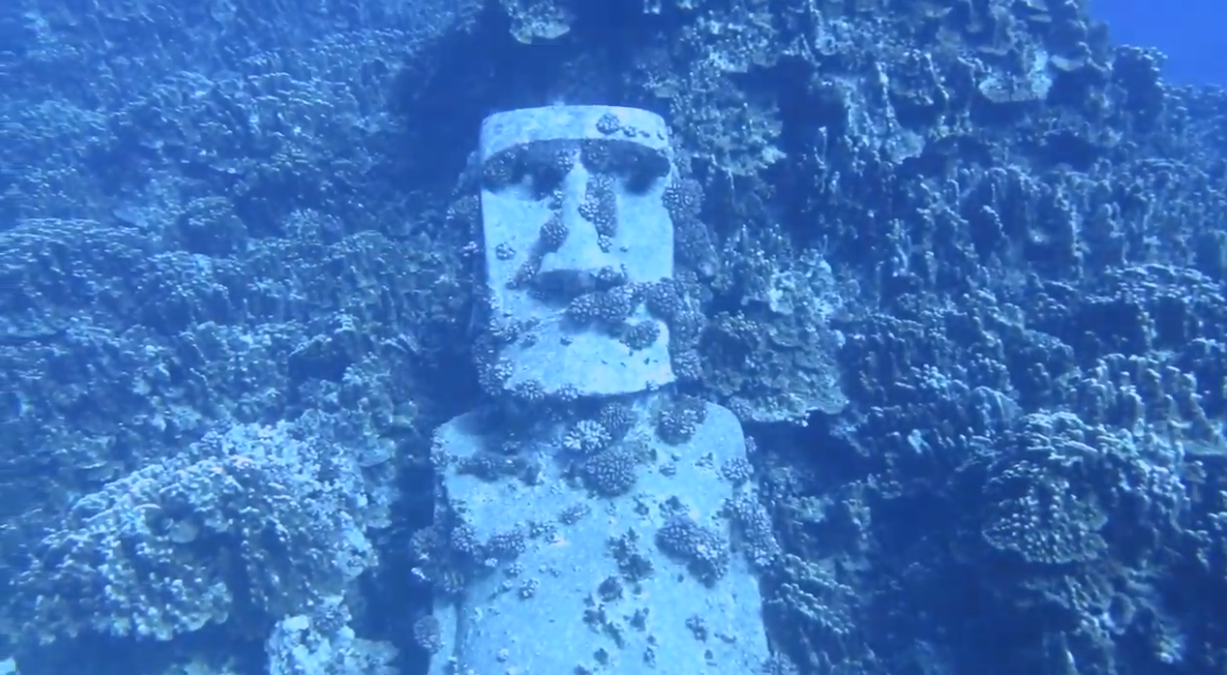
If South America’s divers dive sites are calling to you, plan and organize your dive trip using PADI Travel, where you can easily find and book your trip. There are hundreds of liveaboards, dive resorts and dive centers waiting to show you the wonders of the underwater world across this continent.
Dive in South America – Start Planning Your Trip
Share This
